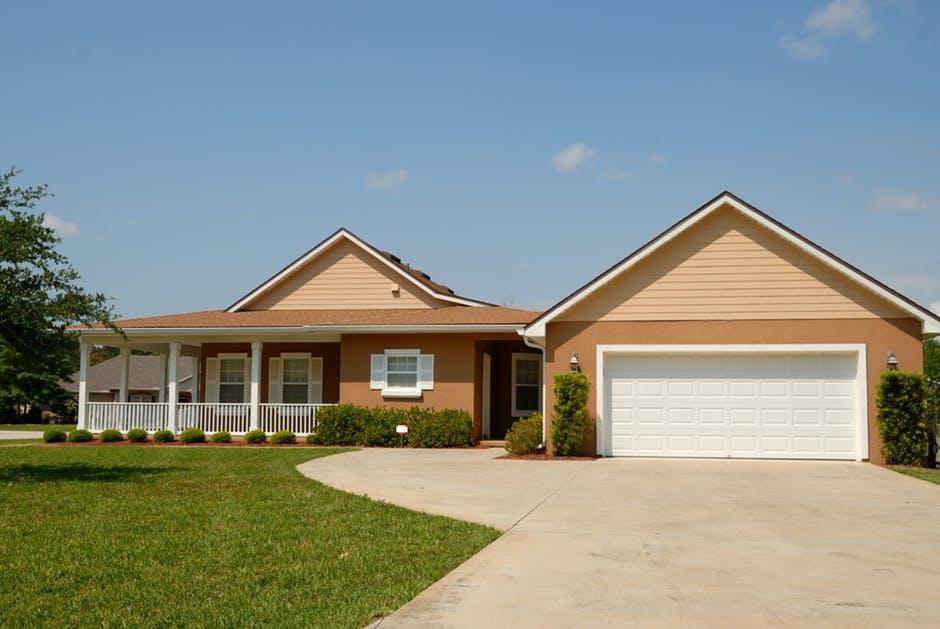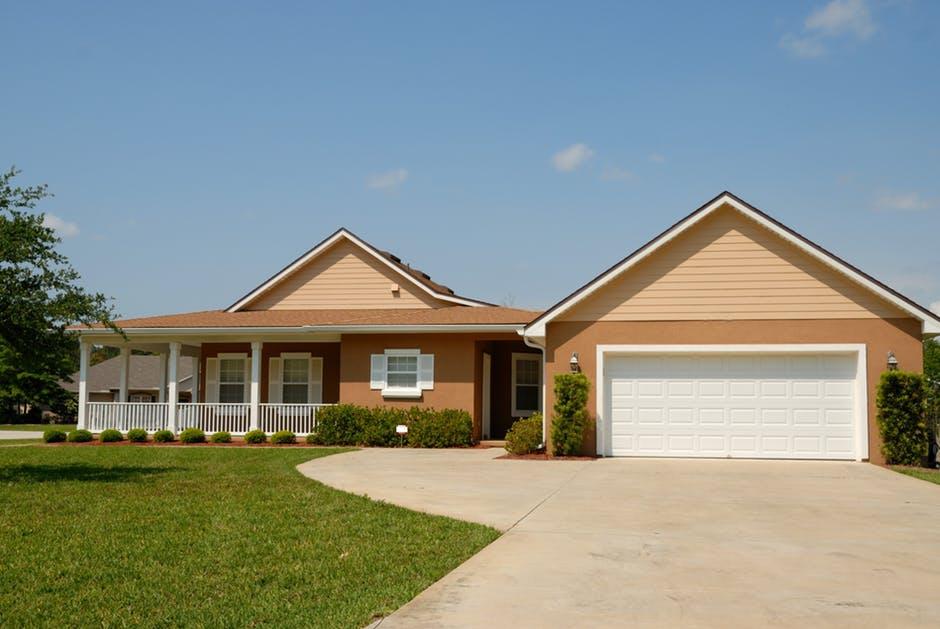

As a potential new home buyer, you have probably heard of the term starter home. A starter home usually refers to a home that someone wants to live in for the next five years or so before buying their long-term home.
Keep in mind that this is all relative. A starter house for one person may be completely wonderful for someone else to live in for the next 30 years. On that same note, someone else’s forever home may only work for other people in the meantime.
While everyone’s opinion on what a starter house is can vary widely, there are certain universal traits that make a starter home.
With more and more millennials buying homes later, what does a starter house look like in 2020?
This guide has everything you need to know about starter homes, forever homes, and everything in between in the new decade.
What Is a Starter House in 2020?
According to a report published in Business Insider, Millennials are set to drive the housing market in 2020. With interest rates at record lows, millennials are finding it easier to enter the real estate game this year.
A starter home is typically a home that you buy with the intention of moving within the next five years. Once you start to outgrow your starter home, generations in the past would upgrade to a larger home that they could live in forever.
Millennials, who turned 23 to 38 in 2019, are reaching homeownership age and many are looking to buy in 2020.
While generations of the past may have only looked at starter homes as short term plays, many millennials who have delayed buying a home, or ones that are just being able to afford one, might look at the starter home a little differently.
Why Buying a Starter Home in 2020 Is a Good Investment
If you’re looking to buy a home in 2020 but are worried that you can’t afford everything in your wish list, you might be surprised by what you can afford.
Smaller homes will almost always be universally appealing when they have the right layout. Many millennials are bucking the old trends that you need a 5,000 square foot house.
Many are also getting married and having children later, which pushes back the need for more bedrooms and a larger home. On the flip side, with so many baby boomers well into retirement, people in this age group are downsizing to starter homes once they become empty nesters.
This could make the demand for starter home-sized houses strong in 2020. Even if you plan to move within the next five years, in certain strong markets, buying a starter home might be a great investment.
Earn More on Your Investment
Before buying a starter home, many potential buyers may decide to wait a little longer to save more money for a home they really want. This means more time renting and potentially less time earning money on your real estate investment.
Depending on your financial situation, it may be beneficial to buy your first starter home, save money for a future home, and hopefully turn a nice profit when you go to sell your first home in a few years.
The idea behind this is that you bought a smaller, more affordable home, and can pocket some savings every month to put towards your dream home. Any money you make on your home when you go to resell it can also be used towards your dream home.
This opens up the ability to buy a more expensive home in a few years while having a healthy down payment.
What Is a Forever Home?
A forever home is one you plan on living in for the next 20 to 30 years. Traditionally, this means families with small children moved in and lived there until their kids went to college and often longer.
A forever home is one that you may spend more money on making it your own. You invest more money into your forever home knowing you will live here for many years.
You might buy a larger home, or you might buy a home that you renovate to make it the home of your dreams. Your forever home is often one that people grow into with growing families as well.
A 2020 Forever Home
With some young adults waiting to buy homes, 2020 we may see more buying their forever home as their first home.
Some high earning millennials may have saved and earned enough to buy a home that is closer to their dream home right off the bat.
Your starter home doesn’t have to be one that you make sacrifices for. If you’re financially able to spend more on your forever home earlier than life, there are benefits here as well.
If this applies to you, you are likely in great financial standing and have saved enough for a healthy down payment. You also can look for your dream home without stretching yourself financially.
You’ll also save on moving costs down the road since you’ll be able to grow into your home if you are planning on starting a family or already have one.
Should You Buy a Starter Home?
Whether your starter home is your dream home or not, a starter home can be a great investment. If you’re looking to become a first-time home buyer, no matter your budget, you can make a home your own.
Buying a starter home just means that you might only plan on living there for a few years. Over this time, however, you’ll be saving money, and hopefully your home increases in value over time.
If you’re looking in an expensive real estate market, don’t get discouraged. You may consider buying an affordable home that you can renovate or change over time.
Buying a starter home that you can make your own may even turn your starter home into your forever home.
Another great thing about a starter home is that down the road, you might be able to keep it as a rental investment while you purchase a new home for yourself.
In a strong market, rentals will always be in demand. You’ll have a great investment that you can earn some extra income on for years to come.
Good Starter Homes
A good starter home is always a good investment. A good starter house is one that is well located in a desirable area, and it is affordably priced. Depending on your budget and personal preference, your starter house may be new construction, a recently rehabbed home, or a fixer upper.
One of the most important aspects of a good starter home is the location. While you can move walls, repaint, and make additions, you can’t pick up and move your home.
Starter homes should be close to local amenities, close to transportation if applicable, and located near great schools. These are almost always universally welcomed traits that all buyers will look for in the future.
If you’re thinking about resale within the next few years or even keeping your home as an investment property down the road, consider the demographics of where your starter home is located.
If you’re located in an area with young professionals or young families, you’ll see a great rate of return with your starter home in a few years.
What Does a Starter Home Look Like in 2020?
In a nutshell, a starter house in 2020 may look very different for different people. While some young families can afford to go straight from a rental into a million-dollar home, others are choosing smaller more affordable homes they can pay down and move into something else later.
Others are looking at starter homes as fixer-uppers, investments, or future rentals. Some starter homes are also being turned into forever homes by people interested in smaller footprints, smaller layouts, and a simpler lifestyle.
Many starter houses are also inhabited by people not starting out at all. Empty nesters and older adults may choose to move into a smaller home after their kids have gone or later in life.
It’s important to note that wherever you fall, the real estate market in 2020 is showing signs of being a busy one. In great areas, you may see starter houses being scooped up quickly by investors or home buyers looking to flip them.
In 2020, if your starter home is what many consider a luxury home, this is also a great opportunity to build wealth and live in the home of your dreams for many years to come.
Getting Started
In 2020, if you’re looking to break into the real estate market and buy your first home, it’s a great year to do so.
No matter what kind of starter home you’re looking for, with low-interest rates and a slew of millennials looking to buy in the coming year, starter homes will see a lot of action in the new decade.
Whether you’re looking at a starter house or a forever house in 2020, getting started is the first step.
To start your home buying journey, fill out the contact form here to start working with a real estate professional today

